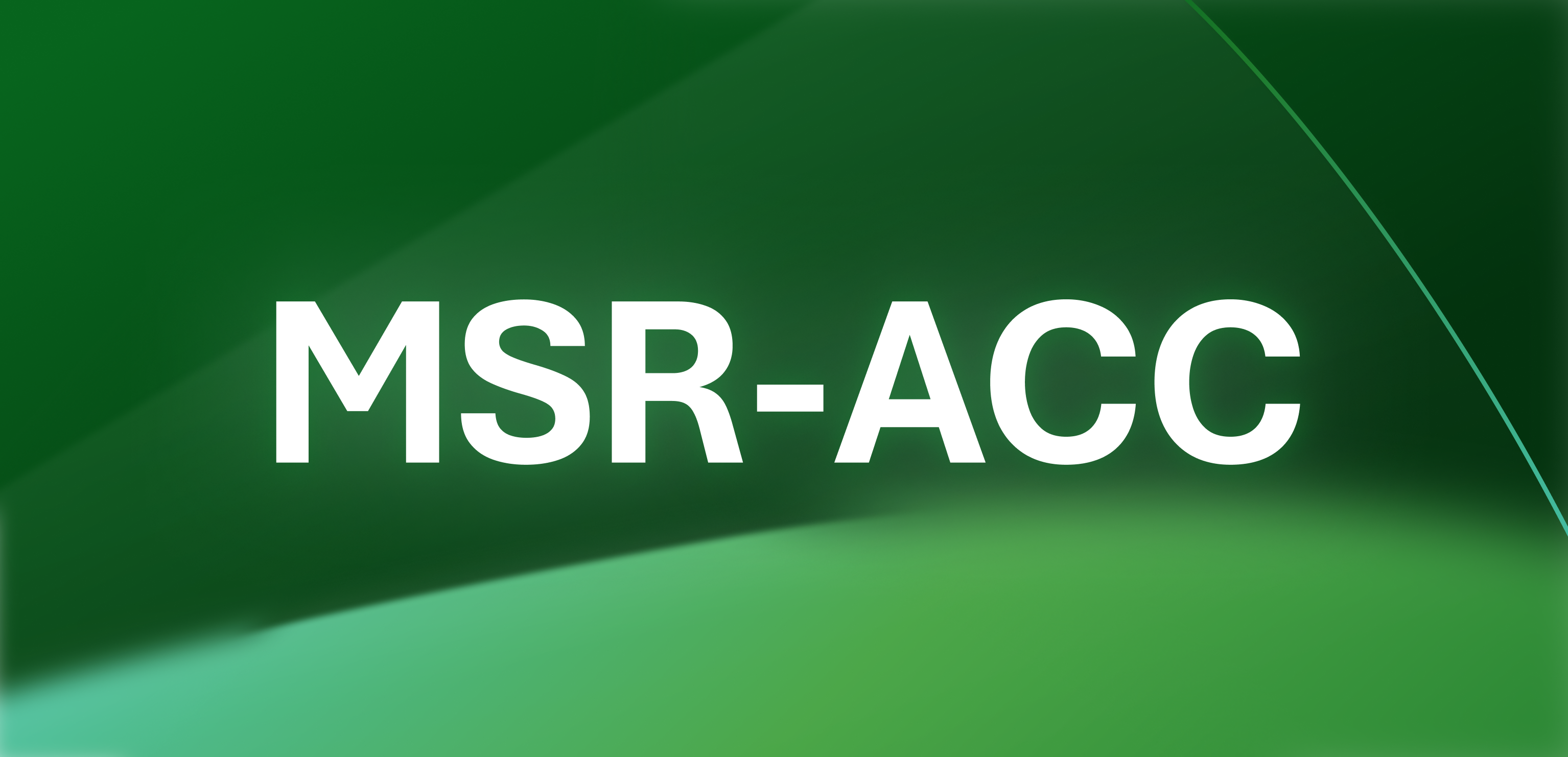
Microsoft Research Accurate Chemistry Collection (MSR-ACC)
The Skala functional will enable more accurate, scalable predictions in computational chemistry. It starts with the largest high-accuracy dataset ever built for training deep-learning-based density functional theory (DFT) models. This dataset underpins Skala—coming soon to the Azure AI Foundry catalog—a new machine-learned exchange-correlation functional that reaches experimental accuracy for atomization energies.
This research marks a major advance in computational chemistry by dramatically improving the accuracy of density functional theory (DFT)—the most widely used method for simulating materials and molecules. The core breakthrough is a new deep-learning-based exchange-correlation (XC) functional, called Skala, which achieves experimental-level accuracy in predicting molecular properties like atomization energy—something previously thought out of reach for DFT. Skala will be available in the Azure AI Foundry catalog in the future. Researchers have released a large part of this dataset to the scientific community.
DFT is fast but limited by manual approximations of the XC functional. The research team addressed that limitation by generating the largest high-accuracy dataset of molecular energies to date, leveraging first principles methods and cloud-scale computation. They then trained Skala to learn directly from electron densities, bypassing hand-crafted feature engineering that has stalled progress for decades.
This achievement removes a long-standing barrier in computational chemistry, enabling DFT to shift from interpreting experimental results to predicting them reliably. That unlocks enormous potential across domains—from drug design to battery development—where accurate, affordable simulations can replace costly lab work.